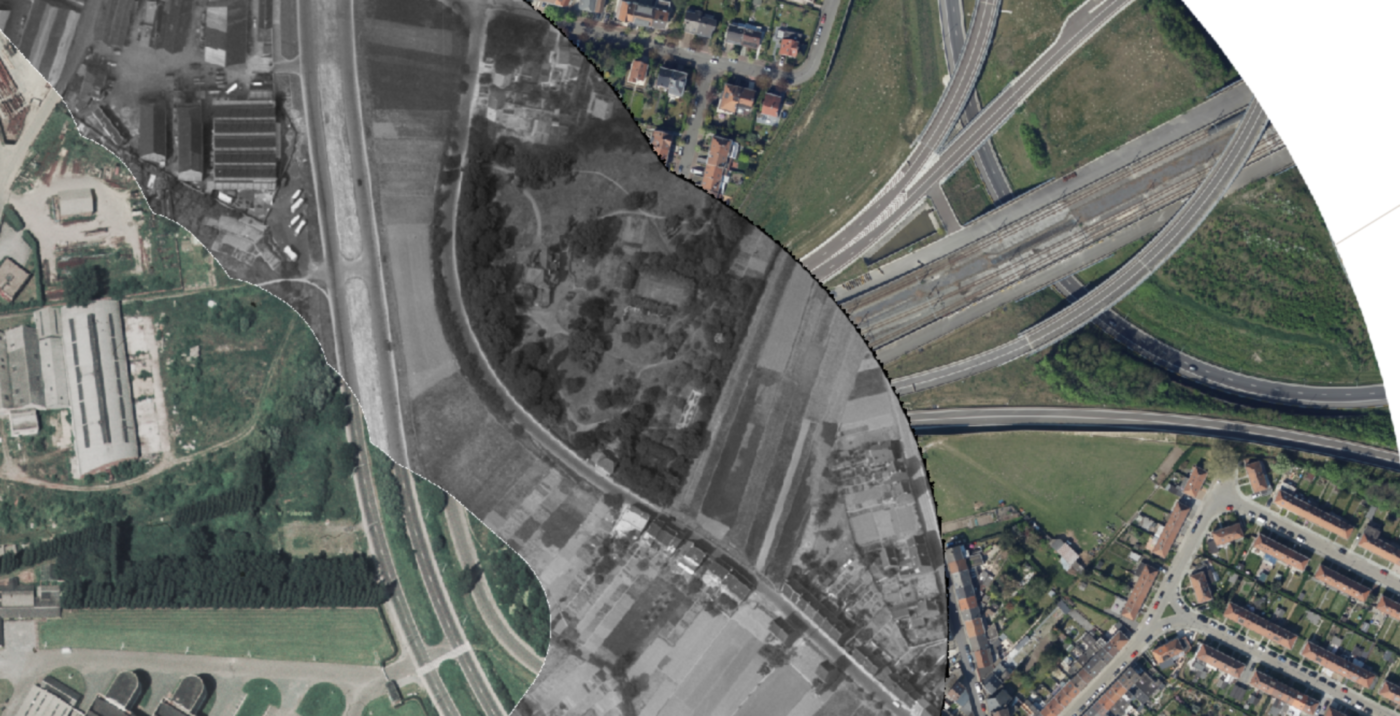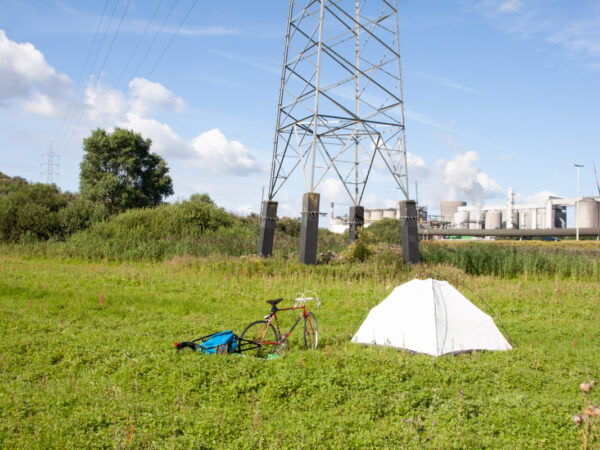residency
Village Dramaturgy
With arts platform PLAN B, we are exploring what questions the village dramaturge can ask, and what tools do they have at their disposal to explore those questions?

The countryside is an ambiguous area in full development. The schism between city and countryside is growing, the opposition between agriculture and nature is fought out in nitrogen dossiers, village architecture is the subject of progressive research. At the same time, there is a very nostalgic view of this increasingly complex rural area and cultural participation is still too limited to the cities. What does it take for artists and organisations to deal with these kinds of questions on the ground?
To this end, Arts Platform PLAN B is launching the development project ‘Village dramaturgy’ in 2023. For two years, we will investigate what it means to be a village dramaturge in the periphery of three cities: Aalst, Genk, Brussels.
What questions can/should/would the village dramaturge ask themselves, and what tools do they have at their disposal to explore those questions? And how can PLAN B not only take up this role itself, but also advocate for it and involve other artists and organisations in it? An initial impetus for answering these questions took shape in a text that appeared in rekto:verso.
In Aalst and its many boroughs, Elien Ronse and Leontien Allemeersch are working together on this long-term project. Through interviews and observations, they are currently mapping the patchwork of social work in Aalst. Social workers shared their experiences of the local Aalst social field. Phenomena that we see happening all over Belgium (or wider) were also often discussed here locally. They told how the great abstract notions of marketisation, privatisation, erosion, crumbling, erosion and dismantling of social work become visible in day-to-day work. The obviousness of a strong social safety net with many midfield players is diminishing, social structures are slowly being cut back. And these federal, Flemish and local political decisions have an impact on the daily lives of Aalst residents. In Aalst, for example, some organisations that had built up a lot of experience over the years disappeared because they were played off against each other. In the coming months, we will deal with the many obstacles social workers face. The patchwork with all its (in)visible connections will become the starting point for a visual work, event or action that will take place in the course of 2024.
—

